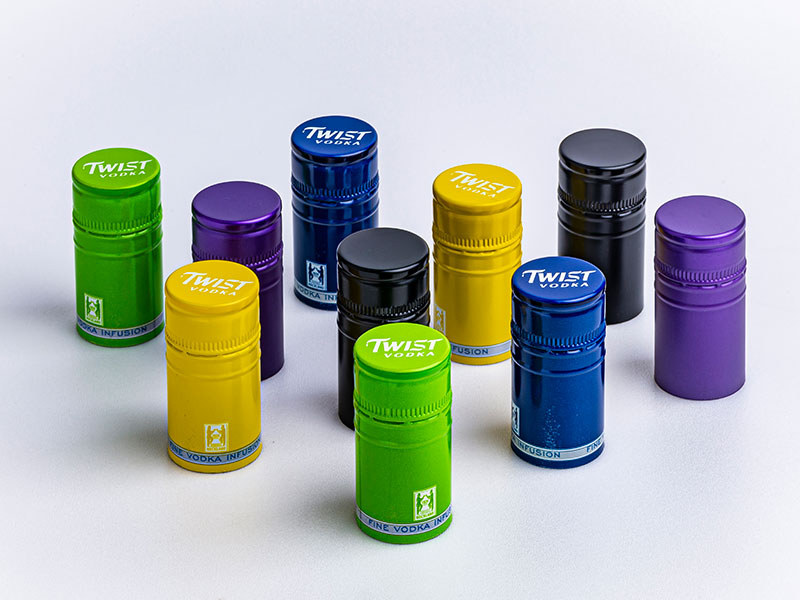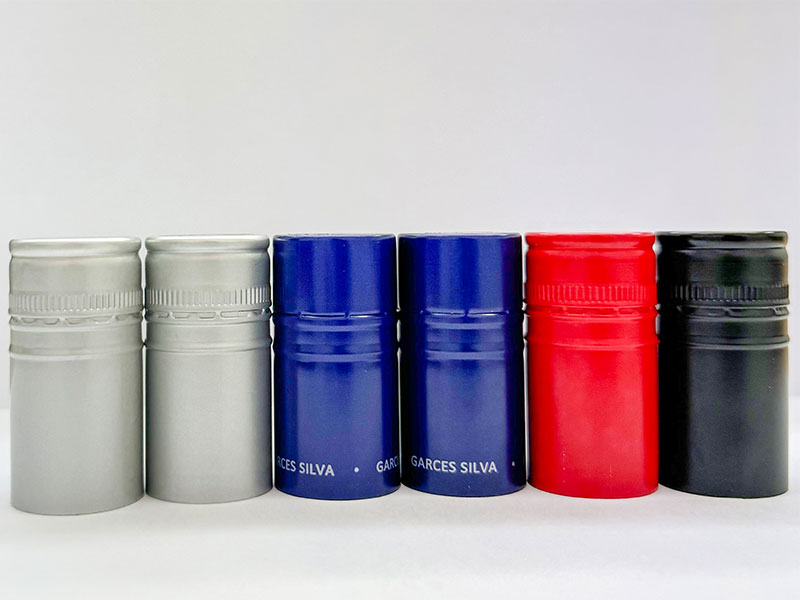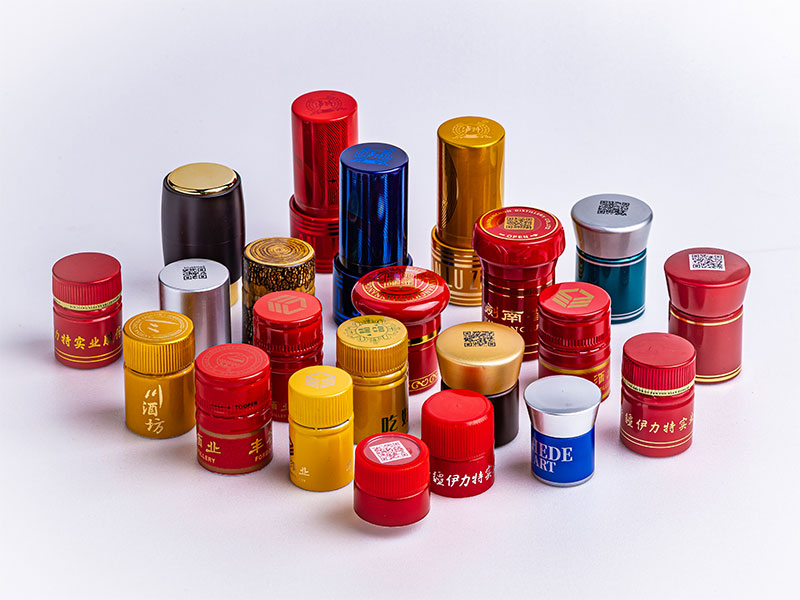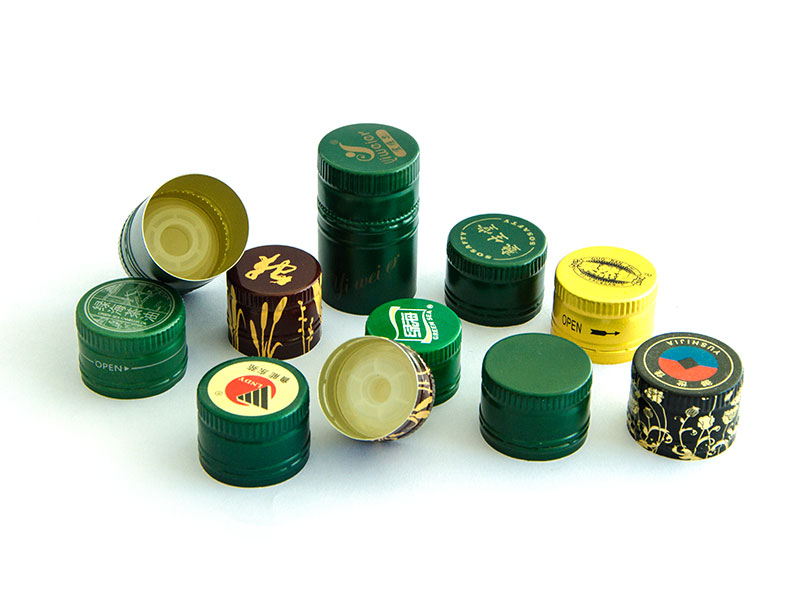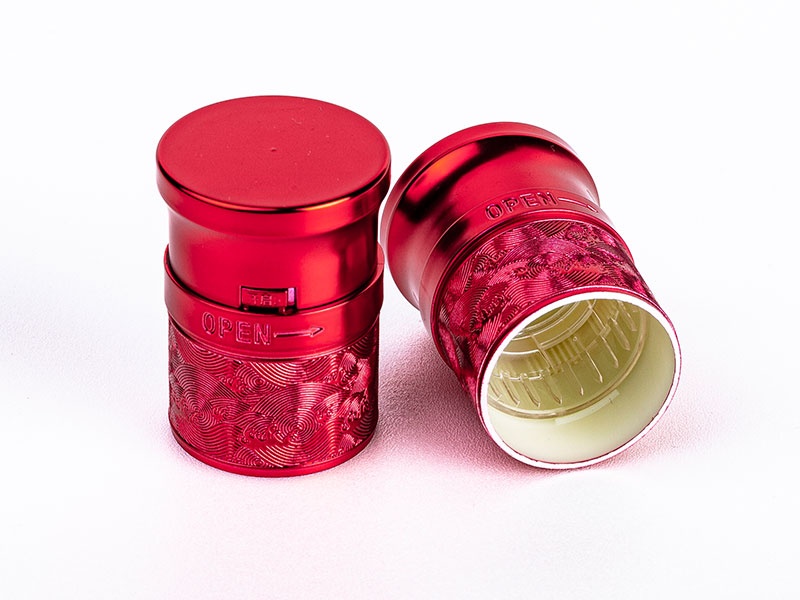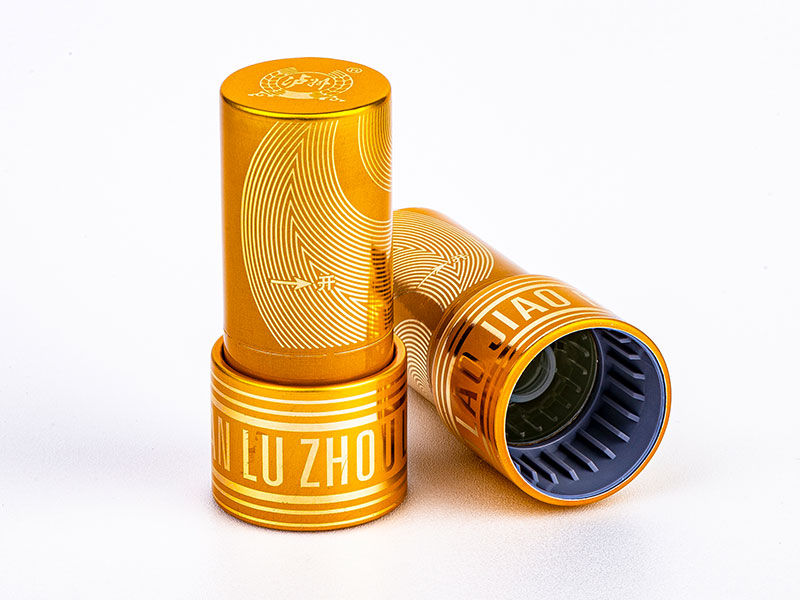Aluminum Bottle Closures for Soda with High Pressure Sealing Technology
In a world filled with endless beverage choices, the simple act of opening a bottle of soda evokes a sense of refreshing escape for many. Have you ever paused to consider the remarkable engineering behind the aluminum bottle caps that keep your favorite fizzy drinks fresh? While small and often overlooked, these closures play a pivotal role in ensuring product integrity, and they are becoming increasingly sophisticated, especially when it comes to high-pressure sealing technology.
the Basics of Aluminum Closures
At their core, aluminum bottle closures are designed to secure the liquid inside, maintaining carbonation and preventing contamination. Made from aluminum alloys selected for their corrosion resistance, strength, and malleability, these closures not only protect the contents but also contribute to the overall aesthetic of the beverage packaging.
Choosing the Right Alloy
The aluminum alloy typically used for closures is 1050 or 5182, characterized by good formability and corrosion resistance. The choice depends on several design parameters:
Mechanical Properties: These alloys offer a delicate balance of strength and ductility. The tensile strength generally ranges from 90 MPa to 200 MPa (Kilopascal), and their elongation often reaches up to 15%.
Corrosion Resistance: Ideally, aluminum bottle caps maintain integrity in damp environments, leverage natural surface coatings that stave off oxidation, and ensure longer shelf-life.
Temperature Resistance: Closures need to withstand variations in temperature to prevent deformation. An optimal range of functionality spans from -40°C to 50°C.
Creating a practical bottle closure presents challenges, especially when high-pressure environments arise. Beverages like sodas are packed with carbon dioxide, producing significant carbonation pressure—often exceeding 2.5 bar when filled. The manufacturing process of closure puts extra emphasis on the 'crimping.'
High-Pressure Sealing Technologies
The advanced engineering behind modern aluminum caps ensures a tight seal to manage pressure effectively. how these changes bolster performance opens up new discussions regarding beverage packaging half of the supply chain.
Induction Sealing Technology
One innovation that stands out is induction sealing. This method employs an induction coil to generate heat, melting a polymer liner situated between the closure and the bottle neck, leading to a hermetic seal. This truly high-pressure tightening ensures that when consumers pop the top of their soda, they're rewarded with a crisp, effervescent fizz—a vocal testament to successful engineering.
Benefits of Induction Sealing
- Shelf Stability: Elevating product integrity against microbial contamination.
- Gas Pressure Control: By sealing tightly, the closures prevent gas leakage, allowing beverages to retain their invigorating bubbles for longer.
- Tamper Resistance: An induction seal for an aluminum closure serves not only to seal but signifies the product's safety before the first opening.
Soft-Liner Technologies
Additionally, soft-liner technology is tailored specifically for high-pressure cans, where a monolayer or multilayer 'breather' liner manages excess pressure fluctuations, ensuring that release consistently performs, regardless of a consumer's treat-size perception. Such designs also enhance consumer experience during opening—a critical factor considered by beverage brands who seek to entertain the marketplace with their distinctive actions above the ordinary fizz.



